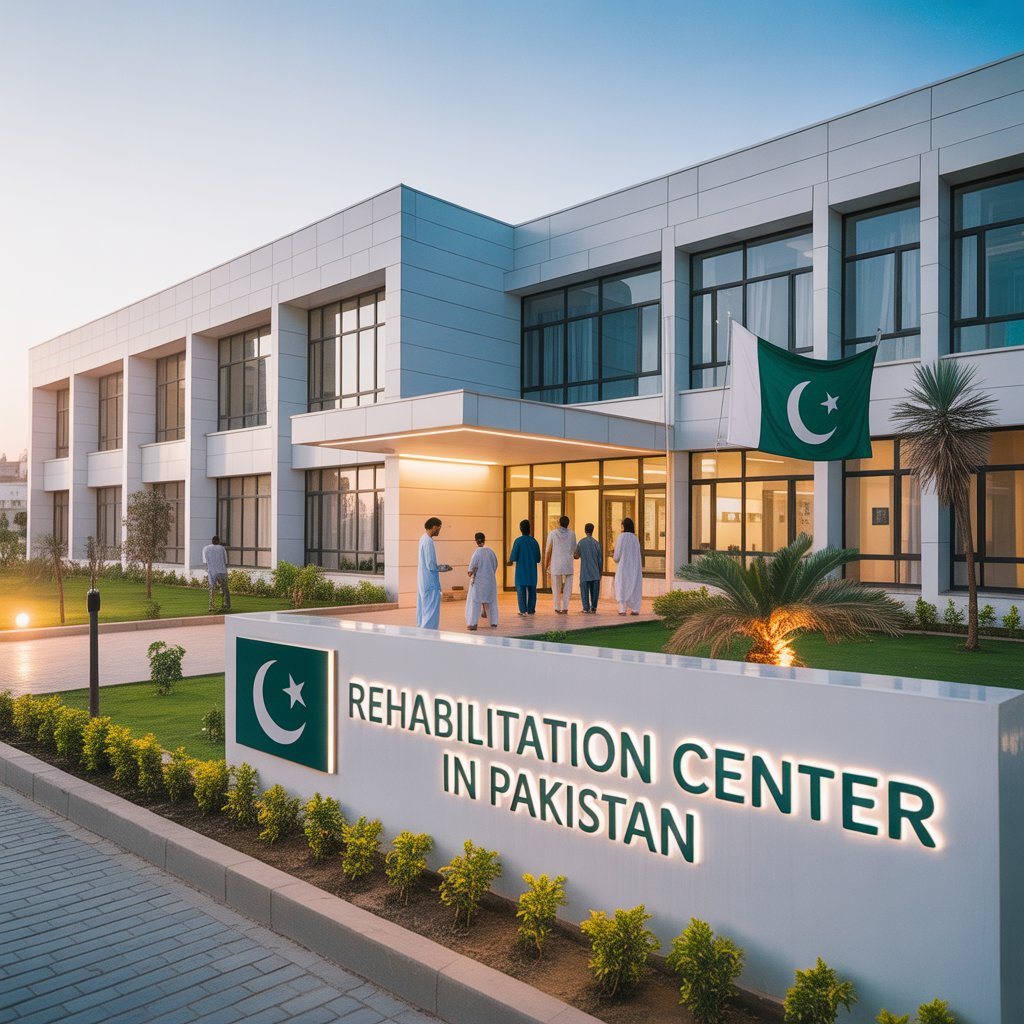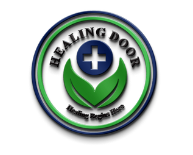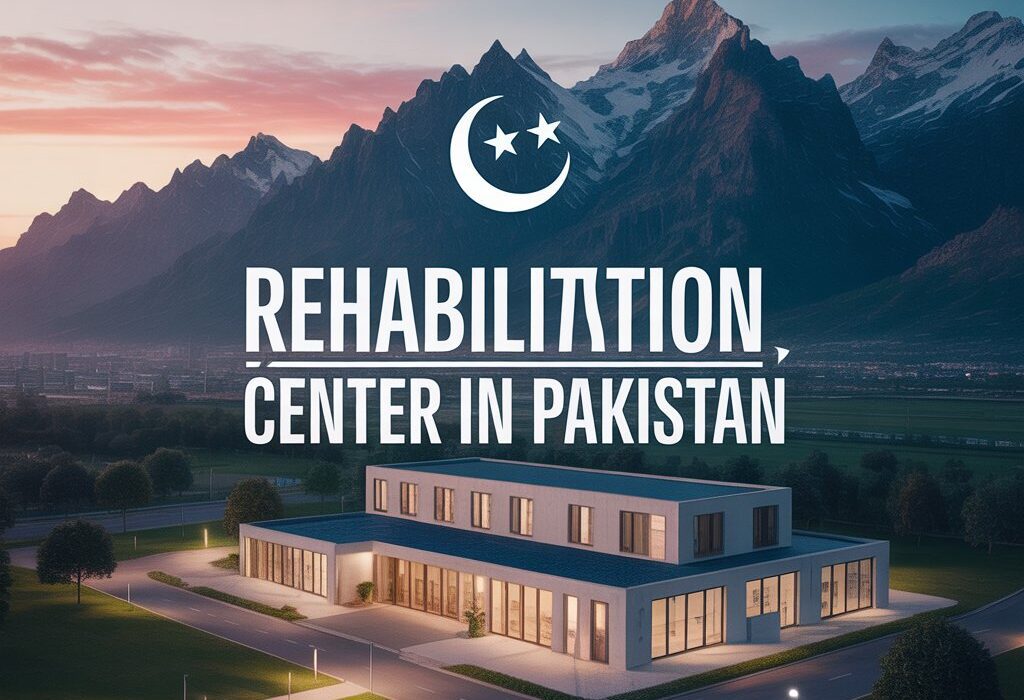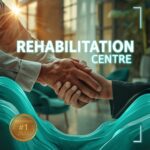Your Guide to a Rehabilitation Center in Pakistan
Seeking help for addiction or a mental health condition is a profound act of courage. In Pakistan, where these challenges are often compounded by social stigma, finding the right support system is the most critical step toward healing. For many individuals and families, this journey leads them to explore the services of a dedicated rehabilitation center in Pakistan. Understanding what modern, compassionate care truly entails can dispel fear and illuminate a clear path to recovery, transforming a moment of crisis into an opportunity for renewal.
A modern rehabilitation center in Pakistan is fundamentally different from outdated perceptions of asylums or simply “detox clinics.” It operates as a specialized medical facility focused on active, evidence-based treatment for both substance use disorders and mental health conditions. The core mission of these centers is to provide a safe, structured, and non-judgmental environment where individuals can address the root causes of their struggles, not just the symptoms. This holistic approach treats the whole person—mind, body, and spirit—fostering dignity and sustainable recovery.
The Growing Need for Quality Rehabilitation in Pakistan
Pakistan faces a significant and growing challenge with substance abuse and mental health disorders. Reports indicate that millions of Pakistanis struggle with addiction to substances like heroin, cannabis, and prescription medications, with many also experiencing co-occurring mental health issues like depression or anxiety. Unfortunately, due to stigma, a lack of awareness, and financial barriers, only a fraction of those in need receive professional help.
This treatment gap highlights the critical role that accessible and professional facilities play. A reputable rehabilitation center in Pakistan does more than just provide individual care; it contributes to the broader health of communities by restoring families, reducing addiction-related challenges, and promoting mental wellness through education and outreach. The increasing availability of such centers across major cities like Islamabad, Karachi, and Lahore is a positive step toward addressing this national health concern.
When to Consider a Rehabilitation Center in Pakistan
Recognizing the signs that indicate a need for professional intervention is crucial for individuals and families. Generally, seeking the structured support of a rehabilitation center in Pakistan becomes necessary when a person’s condition poses a risk to their safety, health, or daily functioning.
Key indicators include:
- Loss of Control: Inability to stop using alcohol or drugs despite wanting to, or experiencing cravings and withdrawal symptoms.
- Neglecting Responsibilities: Declining performance at work or school, and an inability to manage daily tasks and self-care.
- Damaged Relationships: Strained or broken relationships with family and friends due to behavior related to substance use or mental health.
- Co-occurring Disorders: The presence of both a substance use disorder and a mental health condition, such as depression, anxiety, or PTSD, which requires integrated treatment known as dual diagnosis care.
Making the decision to seek help is a responsible and potentially life-saving step. It is a declaration that a healthier, more stable life is possible.
A Glimpse Inside: Services and Treatment Modalities
The strength of a reputable rehabilitation center in Pakistan lies in its multidisciplinary and personalized approach. Care typically begins with a comprehensive assessment by a team of psychiatrists and psychologists, leading to an individualized treatment plan. Key components of this plan often include:

1. Medical Detoxification and Stabilization
For many substances, the first step is a medically supervised detox. This process, managed by licensed doctors and nurses, ensures that individuals can withdraw from substances safely and with minimal discomfort. Managing withdrawal symptoms under professional supervision is crucial for safety and provides a stable foundation for the therapeutic work to come.
2. Evidence-Based Psychotherapies
Therapy is the cornerstone of long-term recovery. Patients engage in various modalities, including:
- Cognitive Behavioral Therapy (CBT): Helps individuals identify and change destructive thought patterns and behaviors that lead to substance use or mental health crises.
- Individual and Group Therapy: One-on-one sessions provide a private space to address personal trauma, while group sessions foster peer support and reduce feelings of isolation.
- Family Counseling: Many centers involve family members in the recovery process through educational workshops and therapy sessions, which helps repair trust and create a stronger home support system.
3. Holistic and Adjunctive Therapies
Modern rehabilitation recognizes that healing extends beyond traditional therapy. Many centers now incorporate holistic practices such as yoga, meditation, art therapy, and spiritual counseling to help patients manage stress, process emotions, and reconnect with themselves in a positive way. These activities promote overall well-being and provide patients with healthy coping tools for life after treatment.
Choosing the Right Rehabilitation Center in Pakistan
Selecting a facility is one of the most important decisions you will make. Here are key factors to consider to ensure you find a center that offers safe, effective, and compassionate care:
- Accreditation and Qualified Staff: Ensure the facility is recognized and staffed by licensed professionals, including psychiatrists, clinical psychologists, and certified therapists.
- Treatment Philosophy and Environment: Look for a center that emphasizes patient dignity, uses evidence-based practices, and maintains a clean, safe, and supportive environment. The atmosphere should feel respectful, not punitive.
- Aftercare and Relapse Prevention: A hallmark of a reputable rehabilitation center in Pakistan is a robust aftercare program. Sustained recovery requires ongoing support, so a clear plan for outpatient therapy, support groups, and relapse prevention is vital for long-term success.
Breaking the Stigma, Building a Support System
One of the most significant barriers to seeking care in Pakistan remains societal stigma. It is essential to reframe addiction and mental illness as treatable medical conditions, not personal failings or sources of shame. Choosing to seek treatment is an act of profound strength.
Families play an indispensable role in this journey. By educating themselves, participating in therapy, and offering unwavering support, loved ones can create a nurturing environment that significantly boosts the chances of a successful and lasting recovery.
A Partner in Your Journey to Wellness
In conclusion, a dedicated rehabilitation center in Pakistan represents a critical resource and a beacon of hope. It provides a safe harbor during a health crisis, offering the expert care and structured environment necessary for healing. By understanding the comprehensive services, ethical approach, and compassionate philosophy of modern rehabilitation centers, individuals and families can approach the path to recovery with confidence and hope. Remember, reaching out for help is the first and most important step on the road to reclaiming your peace, health, and well-being.
Frequently Asked Questions (FAQs)
1. What is the difference between a rehabilitation center and a regular hospital’s psychiatry ward?
A rehabilitation center provides intensive, long-term, and holistic care focused on recovery and relapse prevention. It combines medical treatment with extensive therapy, life skills training, and aftercare planning. A hospital ward typically focuses on short-term stabilization and acute medical management of a crisis.
2. How long does a typical rehabilitation program last in Pakistan?
The duration varies based on individual needs, but a typical inpatient program can range from 30 to 90 days. Some centers also offer longer-term programs for more complex cases. The treatment plan is always personalized, and the length is determined by the patient’s progress.
3. Do rehabilitation centers in Pakistan treat mental health issues without addiction?
Yes, many modern rehabilitation centers in Pakistan are equipped to treat a wide range of mental health conditions, including severe depression, anxiety disorders, bipolar disorder, and PTSD, even when they occur independently of substance abuse.
4. What happens after the inpatient program is completed?
A reputable center creates a robust aftercare plan before discharge. This typically includes referrals to outpatient therapists, connections to local support groups, a relapse prevention strategy, and sometimes follow-up check-ins to ensure a smooth transition back to daily life.
5. How can families be involved in the treatment process?
Family involvement is often a key component of recovery. Many centers offer family therapy sessions, educational workshops to help loved ones understand the condition, and guidance on how to create a supportive home environment, which is crucial for long-term success.




